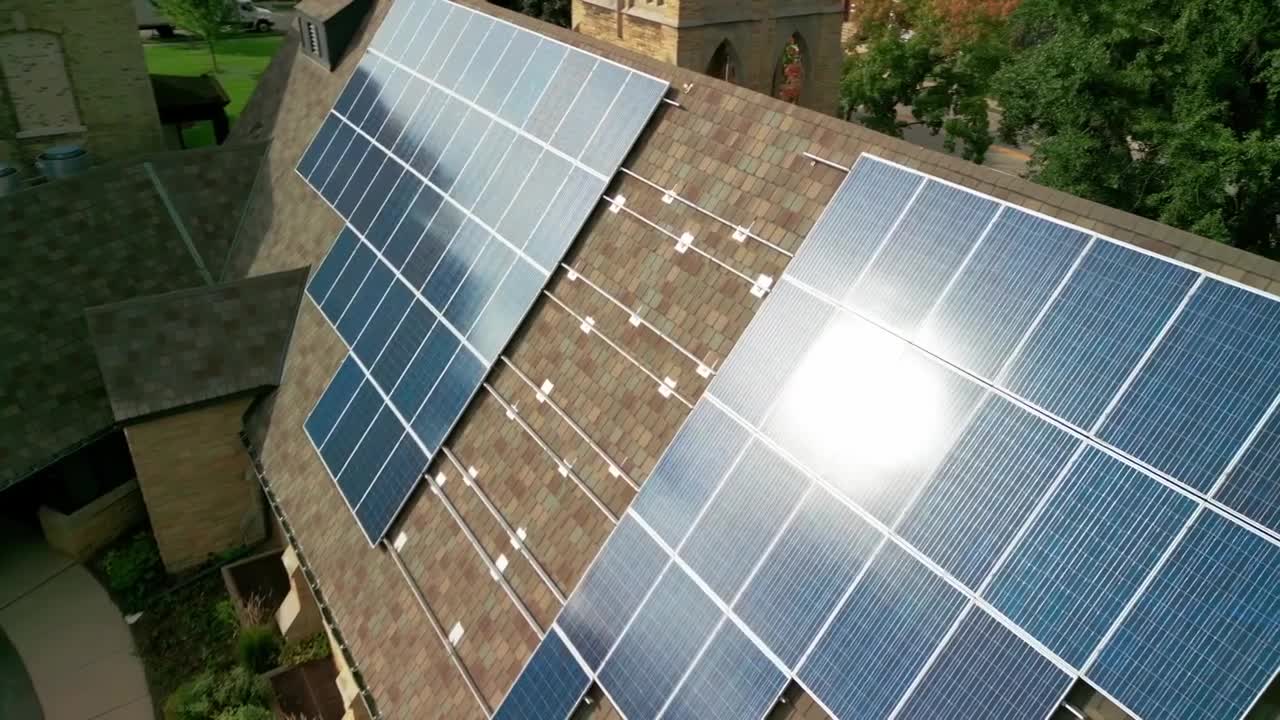SALT LAKE CITY — Investing in solar panels is not always a cut and dry process. There’s a laundry list of things to consider.
That can put you, the consumer, in a tough spot.
“When there’s complicated systems, it allows for a very aggressive salesperson to kind of muddy the waters a little bit,” said Katie Hass, the director of the Utah Division of Consumer Protection.
Oftentimes the promise of lower electricity bills is enough for some to take the leap, but don’t be taken so quickly.
For instance, if a door-to-door salesperson comes knocking, they might show you a rough estimate on how much your energy bills will decrease if you go solar.
Hass says those numbers they show you are typically average numbers — they’re not specific to your home, nor are they based on the amount of light your home gets. Depending on your family’s usage and how many panels you put on, you most likely will still have an electric bill.
Besides the electric bill, what else are you paying for?
“That loan that you took out to build solar panels, those are a separate private loan with loan terms and conditions,” said Hass. “There are lots of states that have taken actions against lenders in the solar space. These are expensive loans, they’re high interest, lots of fees going into it, generation fees. You really want to examine that if you’re going to take out a loan.”
The greater lesson here: though it may seem like you’re making one purchase, there are multiple expenses that come with this investment.
“If you want to have backup power in the event of emergency, the battery is going to be separate. And because you’re taking it for the battery, it may impact how much savings you have on your solar bill,” explained Hass. “There’s solar installation that’s going to impact your roof. It might impact the warranty on your roof. There might be problems when the company goes out of business. They may warranty it, but they may come back to do any maintenance or fixing, but if they go out of business, you’re stuck with that solar panel on your roof that you now damaged with the solar panels.”
Hass says if you’re not paying cash for your solar and you’re signing up for a loan, you might not be signing a contract with the seller who is actually at your doorstep. They could be repping for a different installation company.
“Understanding who your contracts are with in this process is really important,” said Hass. “Again, with the lending side, really watch those terms and conditions, particularly when it comes to the fees that they’re breaking in. If they’ve told you you’re taking out a loan for $25,000 to do the solar, great — but if there’s $5,000 of origination fees in there, you’re actually taking out a loan for $30,000.”
The Division of Consumer Protection says if you’re considering solar, this is very much the time to do your homework. Talk to people you may know who have worked with your company and have had a positive experience.
Also, ask the company for references and call those references in your neighborhood to find out what their experience was like.
Lastly, if you’ve signed the contract and you’re having regrets, the time to rescind a contract like this one is very short. You would need to reach back out to the company in writing within a couple of days and ask to cancel.




